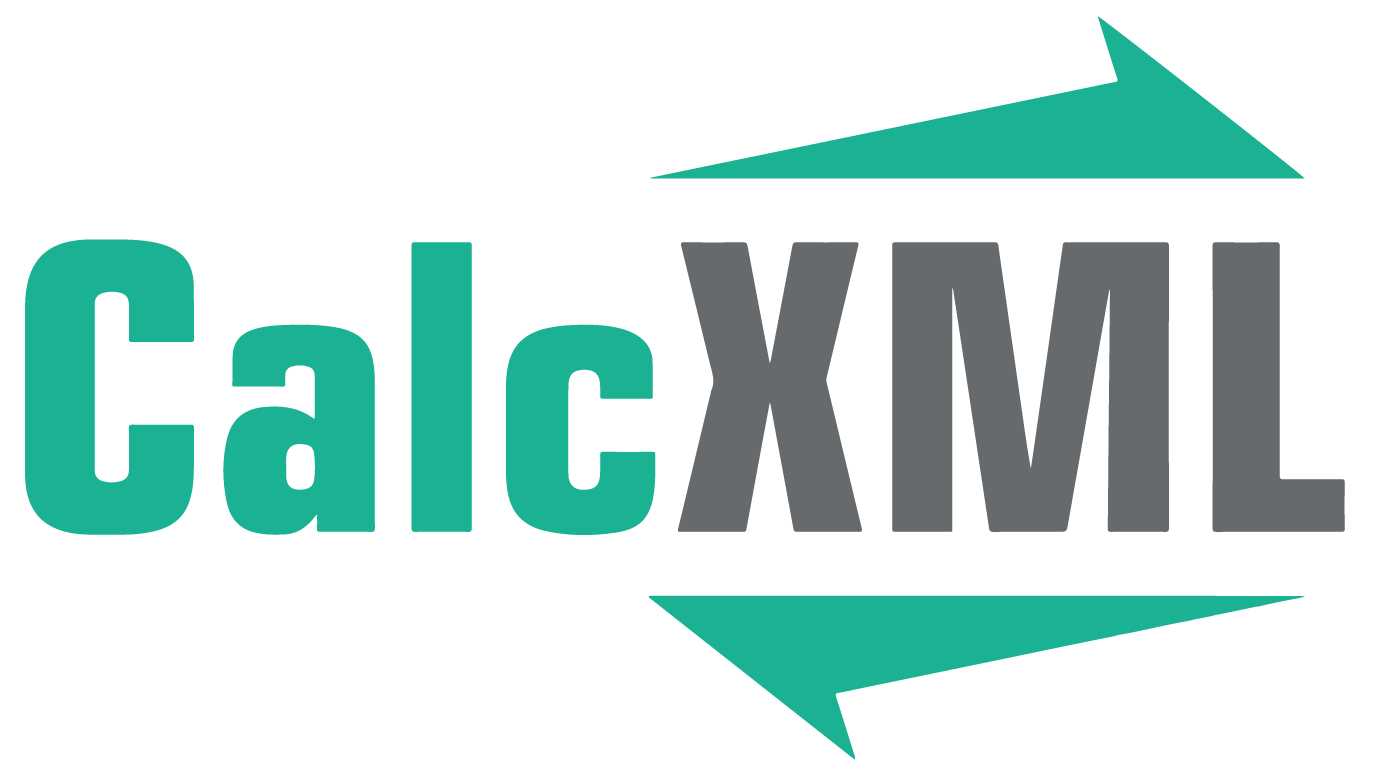Determine How Quickly You Can Pay Off Your Loan
How long until my loan is paid off?
By making consistent regular payments toward debt service you will eventually pay off your loan. Use this calculator to determine how much longer you will need to make these regular payments in order to eventually eliminate the debt obligation and pay off your loan.
This information may help you analyze your financial needs. It is based on information and assumptions provided by you regarding your goals, expectations and financial situation. The calculations do not infer that the company assumes any fiduciary duties. The calculations provided should not be construed as financial, legal or tax advice. In addition, such information should not be relied upon as the only source of information. This information is supplied from sources we believe to be reliable but we cannot guarantee its accuracy. Hypothetical illustrations may provide historical or current performance information. Past performance does not guarantee nor indicate future results.







